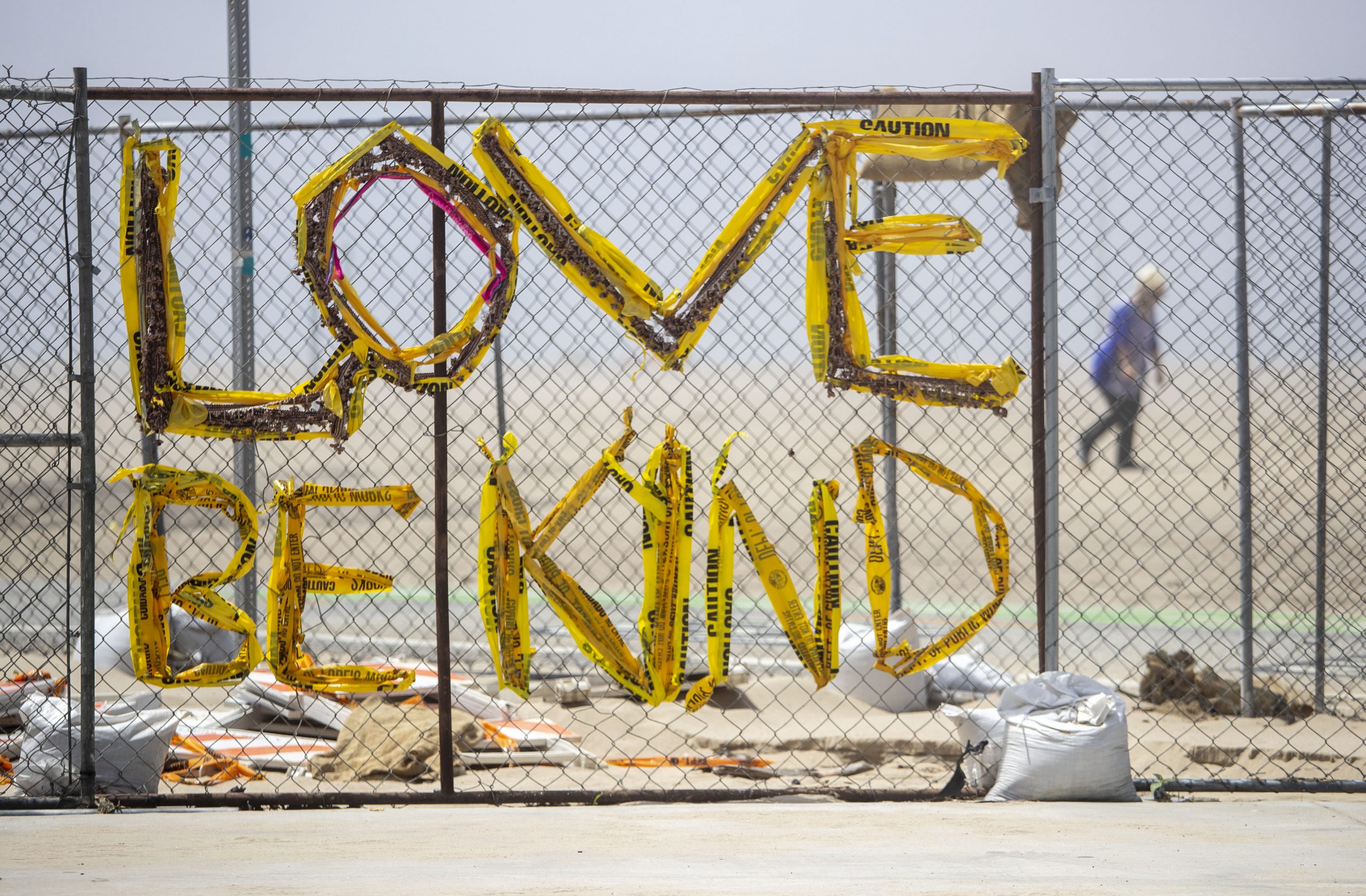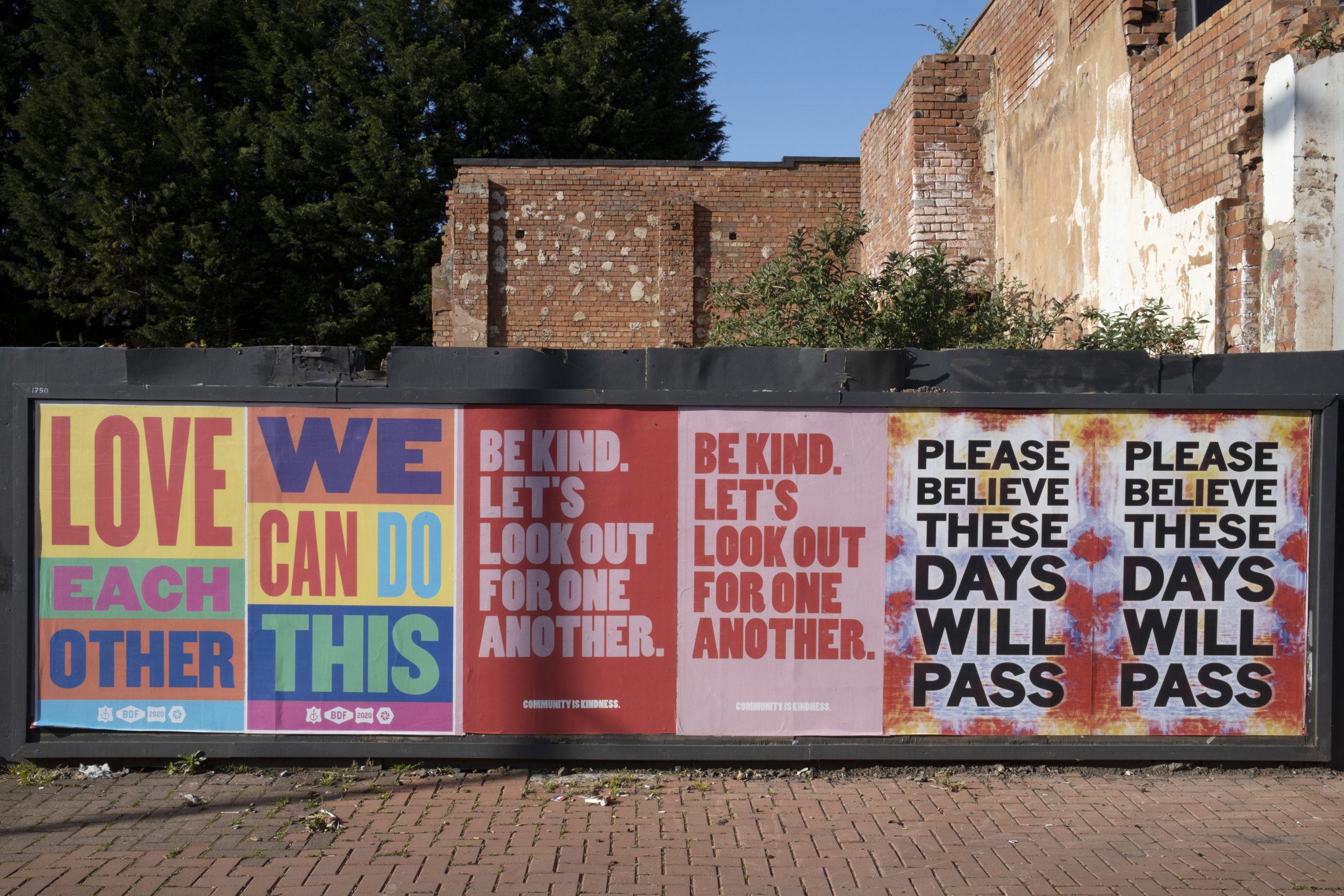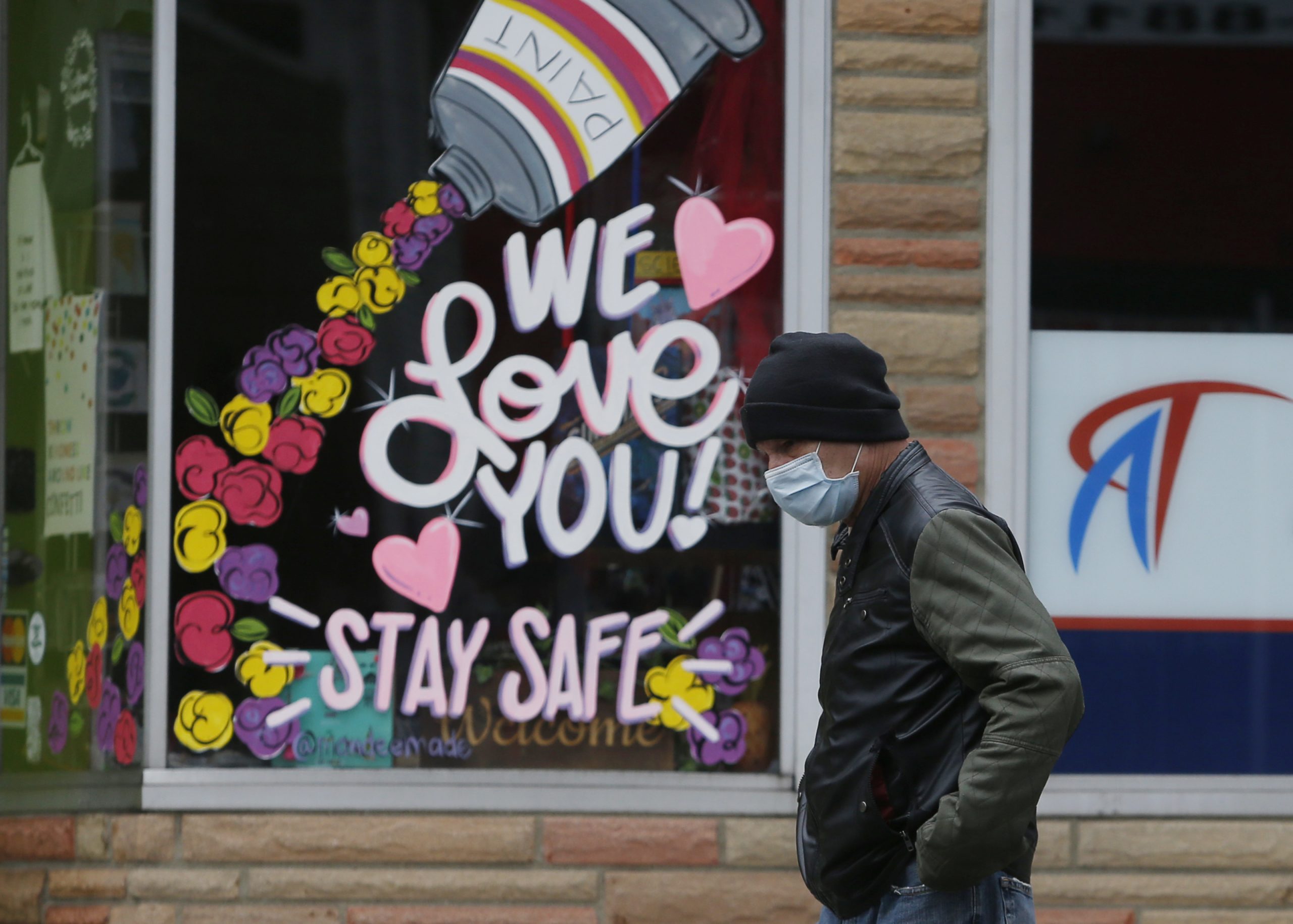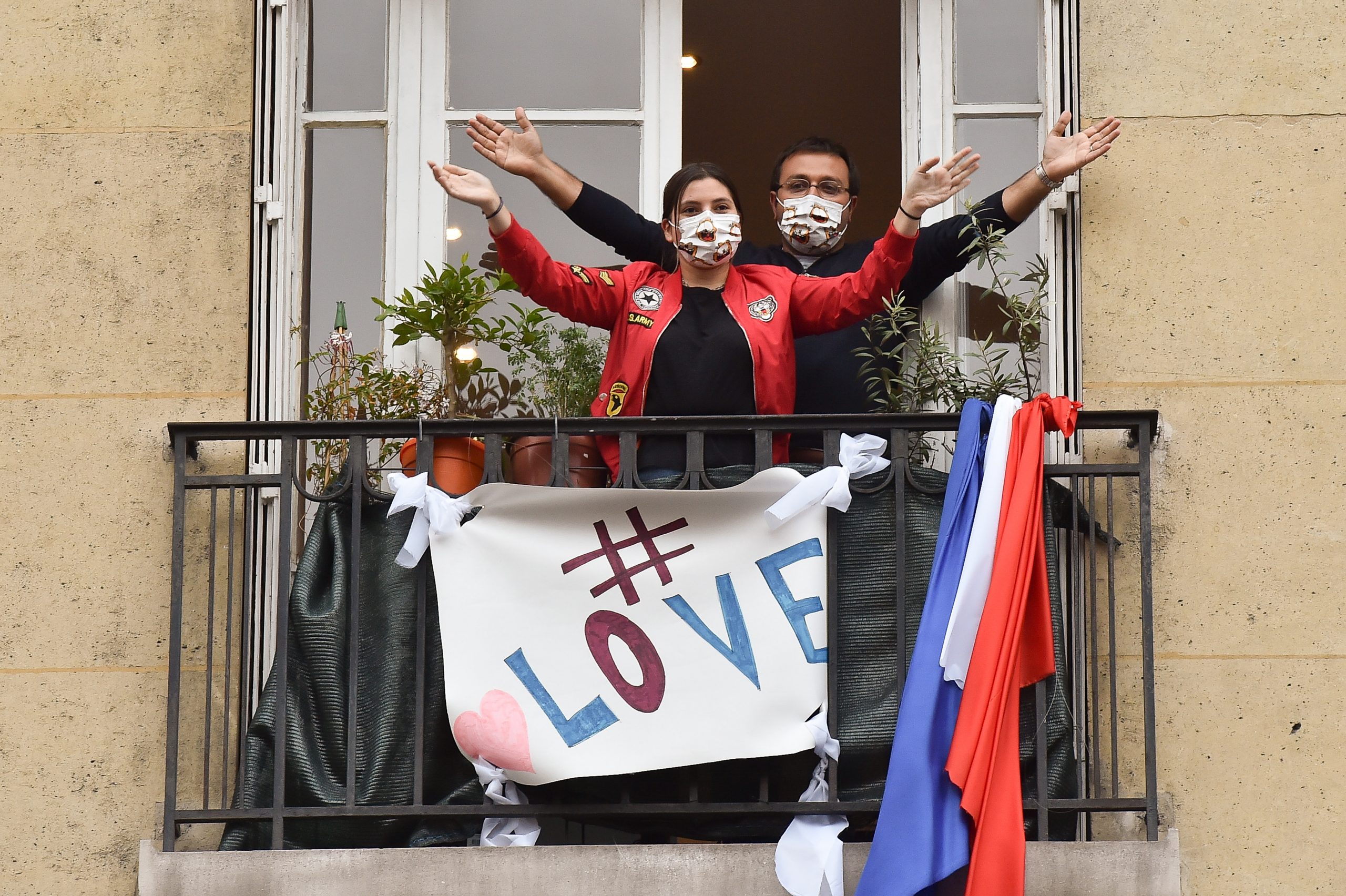Mental Health Awareness Week is an important reminder to be kind
This Mental Health Awareness Week, we will be looking into post-lockdown anxiety, as experts predict a mental health crisis to come in the next three months.


Celebrity news, beauty, fashion advice, and fascinating features, delivered straight to your inbox!
You are now subscribed
Your newsletter sign-up was successful
This Mental Health Awareness Week, we will be looking into post-lockdown anxiety, as experts predict a mental health crisis to come in the next three months.
We are currently facing the greatest global health threat in history, with COVID-19 forcing the U.K. into our third month of lockdown as part of strict precautions to protect the general public and our National Health Service.
Non-essential workers are being encouraged to work from home, vulnerable people are being forced to self-isolate and loved ones from different households are still unable to stand within 2 metres of each other.
But while essential in flattening the curve of coronavirus infections, it is because of these very precautions that we are moving towards a global mental health crisis.

Reports of depression and severe stress spiked immediately after the announcement of lockdown, with a study relaying a 36% rise in anxiety just one day after the restrictions were enforced. And two months later, the situation has only worsened, with disordered sleep, loneliness, unemployment, social disruptions and current projections for the economy having a significant psychological impact.
Women are among the most-affected by coronavirus-induced mental health issues, with domestic violence increasing three-fold during isolation. Calls to abuse helplines saw a 25% rise in activity in the first week alone.
National Mental Health Awareness Week 2020 is centred around kindness, to each other as well as ourselves, and today its message has never been more important.
Celebrity news, beauty, fashion advice, and fascinating features, delivered straight to your inbox!
You are not alone. We are all in this together. We must look out for each other. And we will come through this.

‘The pandemic is clearly having a major social and psychological impact on the whole population, increasing unemployment, separating families and various other changes in the way that we live that we know are generally major psychological risk factors for anxiety, depression and self-harm,’ explains Professor Ed Bullmore, head of the department of psychiatry at the University of Cambridge, via The Guardian.
And even as we start to see action towards an end to lockdown, there are increasing fears of what the new normal will look like post-quarantine. In fact, there is evidence from NHS chiefs that the impact of lockdown and its repercussions on mental health will be seen for years, with predictions of a new phenomenon coming our way, post-lockdown anxiety.
‘After you've been inside for a long time, it can feel very strange to go outside,’ explains CEO of Anxiety UK Nicky Lidbetter, via the BBC. ‘You perhaps lose your confidence to do things you haven't had to in a while.’ Everyday activities from face-to-face work meetings to commuting on public transport could become a huge source of stress, and 'having to return to them after having quite a sustained break might actually be very challenging.'

All of our lives will be affected by coronavirus' mental health aftershocks, but what can we do on an individual level to be kind to ourselves and those around us?
Over the next seven days, we aim to educate, inform, reassure and de-stress you.
This Mental Health Awareness Week, we will be shining a light on the movements and campaigns making important progress for mental health and the charity services that are upping their hours to keep up with the increasing demand.
You can also expect raw first person accounts, advice for helping loved ones, anxiety relieving tips and some coronavirus reassurance from our resident Dr Zoe. Plus, a large dose of feel-good content to make you smile.
It’s OK not to feel OK right now. And feeling anxious and lost amid a global pandemic isn't something to be ashamed of. It is exactly what the rest of the world is experiencing too.
If you need some guidance, information, comfort or even a bit of entertainment this week, we’ve got you covered.
In the words of Captain Tom Moore, ‘For all those people who are finding it difficult at the moment: the sun will shine on you again and the clouds will go away.’
For more information on taking care of your mental health or getting help for you or a loved one, get in touch with the NHS recommended mental health helplines and visit the Mind charity website.

Jenny Proudfoot is an award-winning journalist, specialising in lifestyle, culture, entertainment, international development and politics. After working at Marie Claire UK for seven years - rising from intern to Features Editor - she is now a freelance contributor to the News and Features section.
In 2021, Jenny was named as a winner on the PPA's '30 under 30' list, and was also listed as a rising star in journalism.